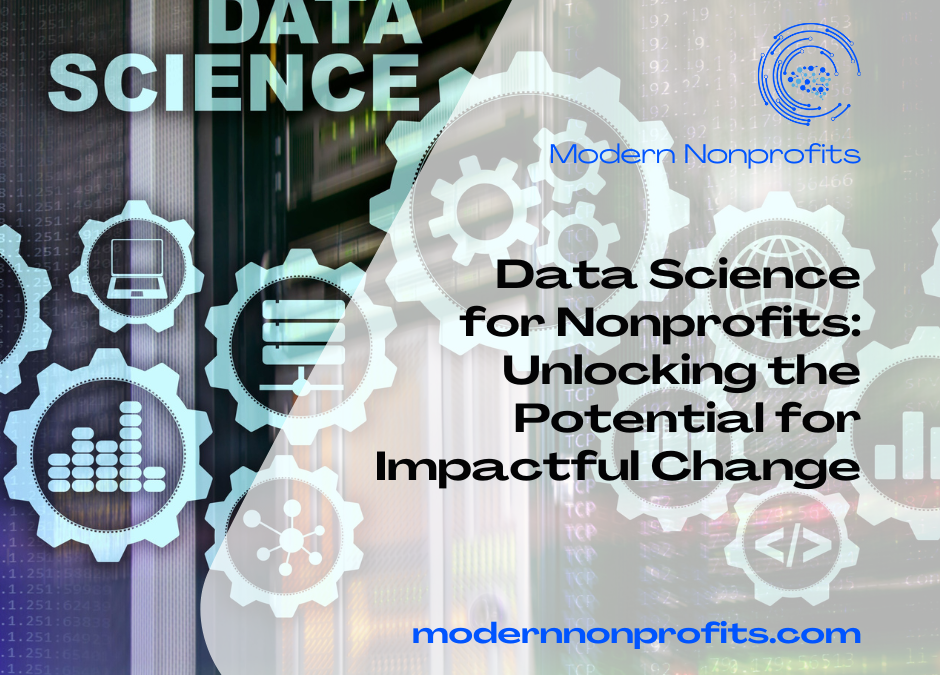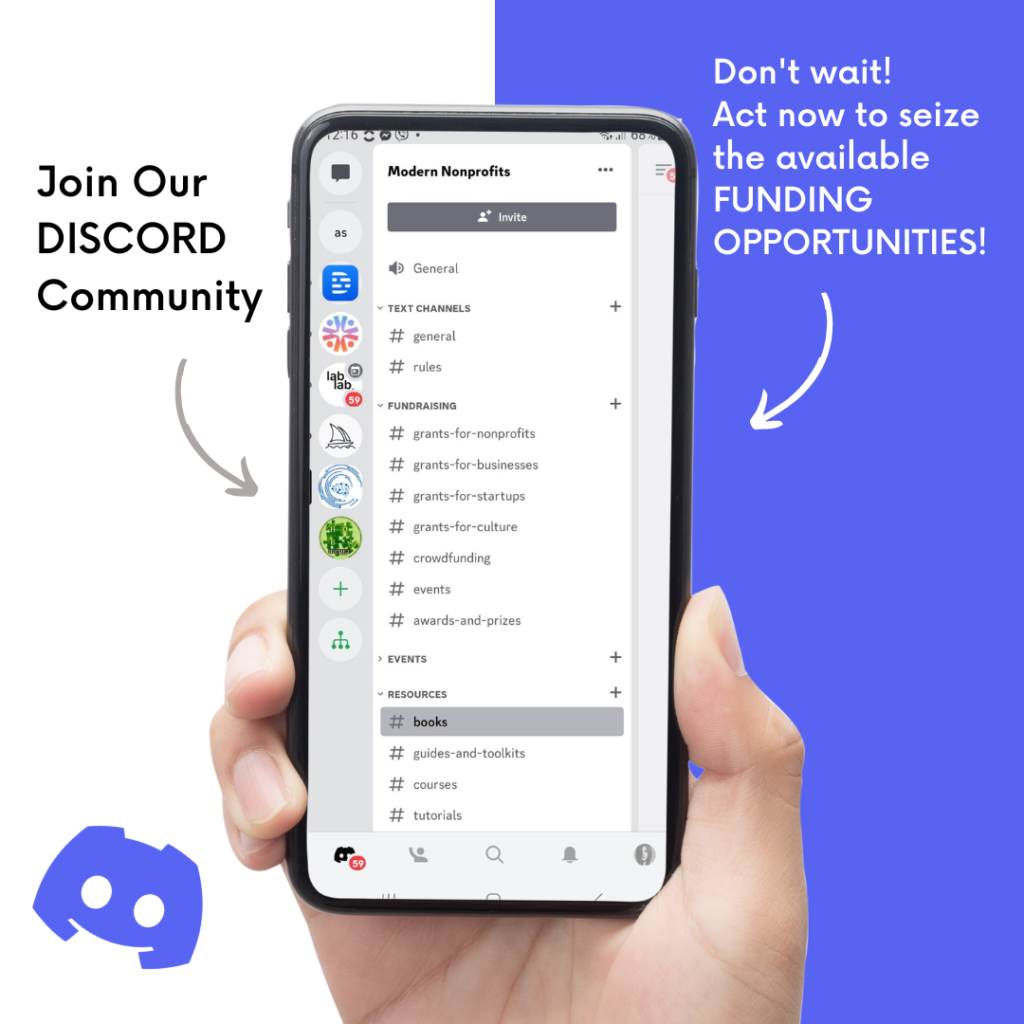In today’s world, data is more abundant than ever. With the rise of technology and digital tools, non-profit organizations have access to a wealth of information that can help them make informed decisions and achieve their missions more effectively. This is where data science comes into play.
Data science is a field that involves using statistical and computational methods to extract insights and knowledge from data. It is a powerful tool for nonprofits because it helps them to understand the impact of their programs, identify areas for improvement, and allocate resources more effectively.

One of the main benefits of data science for nonprofits is the ability to measure impact. By collecting and analyzing data on their programs, nonprofits can better understand the impact they are having on the communities they serve. This information can be used to refine programs, allocate resources more effectively, and ultimately, maximize their impact.
Another key benefit of data science for nonprofits is the ability to make data-driven decisions. Nonprofits can use data to inform their decision-making process and ensure that their resources are being used in the most effective way possible. This can help organizations to be more strategic in their approach and achieve their goals more efficiently.

In addition to these benefits, data science can also help nonprofits to build stronger relationships with their stakeholders. By using data to communicate their impact and the value of their programs, nonprofits can demonstrate the impact they are having and build trust with their supporters.
However, it is important to note that data science is not a silver bullet. Nonprofits need to approach data science with a clear understanding of their goals and the limitations of the data they have available. They also need to be mindful of the ethical considerations associated with data collection and use, and ensure that they are collecting and using data in a responsible and transparent manner.

In conclusion, data science has the potential to play a significant role in helping nonprofits to achieve their goals and make a meaningful impact on the world. By unlocking the insights and knowledge contained within their data, nonprofits can become more strategic, effective, and impactful in their work.


